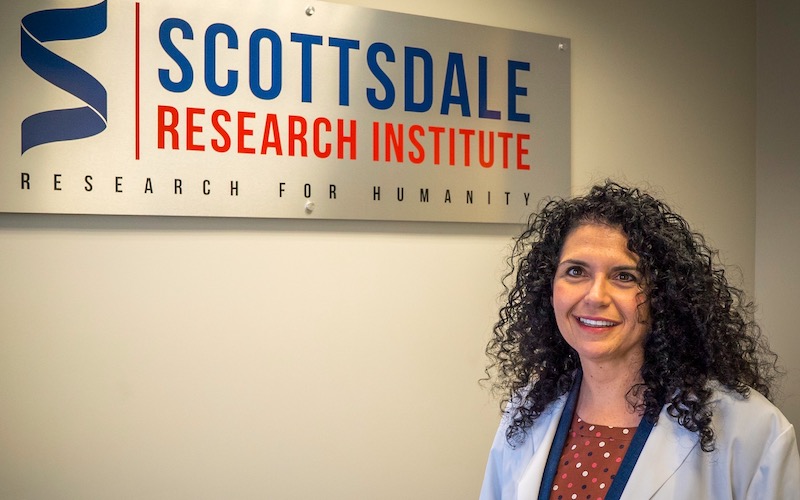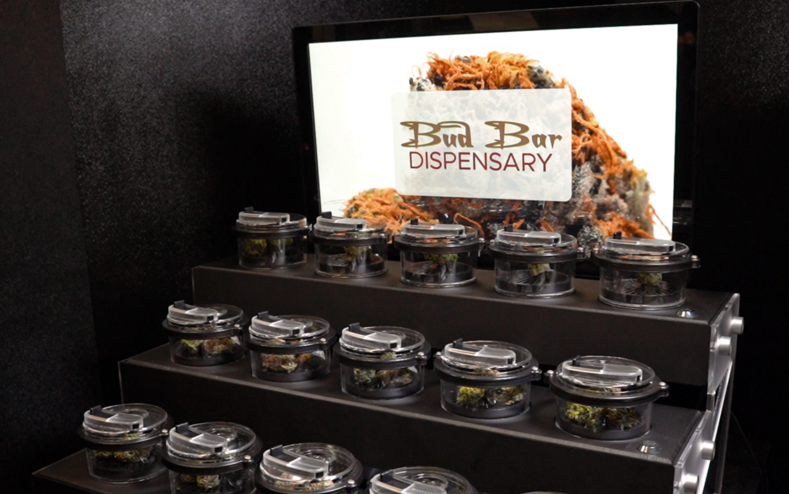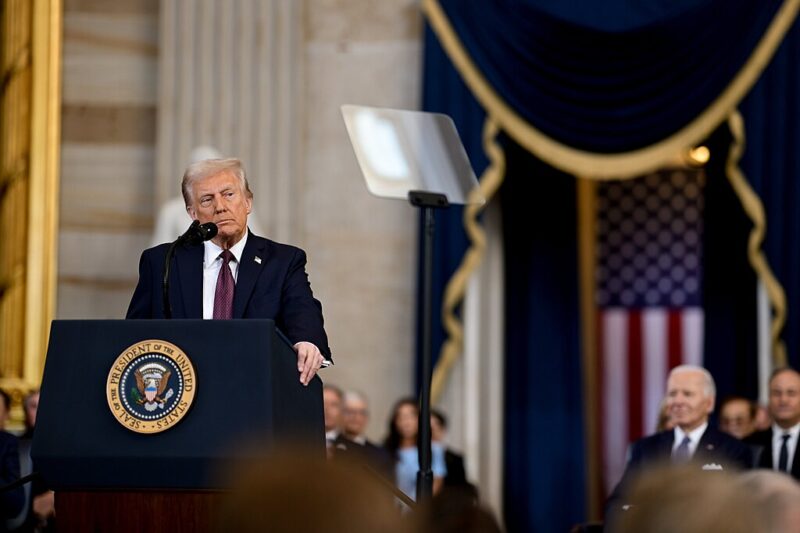Cannabis research is vital to the industry. Without research, consumers, government officials, and business owners alike won’t fully understand the impact that cannabis has on the human body. This is why Dr. Sue Sisley’s work is so important. Working to breakdown barriers and cut through the red tape of cannabis research, Dr. Sisley is one of the leading minds in cannabis research. Here, as an excerpt from our Fall 2019 Cover Story, Dr. Sisley details what her groundbreaking research has looked like.
C&T Today: Looking at your research, how does cannabis interact with our physiology to help veterans with PTSD?
Dr. Sue Sisley: Well, all of the thinking about the medical benefits is based on this endocannabinoid system. The fact that every human body has an endocannabinoid system, and that it’s the most important physiological mechanism in the body.
In some cases, there are a lot of theories that have been extended about endocannabinoid deficiency syndrome, and the idea that patients who have certain illnesses that may be related to an inadequate level of endocannabinoids, and thus supplementing with external cannabinoids from plants or other sources can possibly relieve some symptoms.
But, like I said, these are mostly theories right now. They need to be further evaluated. The only way we’re really going to be able to answer these questions is with control trials looking at different disease states.
So that’s why we chosen to focus on PTSD, treatment of chronic pain, and cannabis as a substitution for opioid dependence. I mean, we’ve seen a massive amount of subjective reports from people claiming they’re benefiting in those three areas. But, like I said, until we have the published data from control trials, nobody’s really going to embrace that fully.
All over the country, you’ll notice that we have, now, I think 25 or 26 states that have added cannabis for PTSD as a qualifying condition, which is amazing to me because the data really isn’t there yet. But I think the folks realize that we can’t wait for the data. The veterans are demanding action now. They realize that the studies like ours took 10 years. Patients who are sick now, who are disabled, they can’t wait 10 years for our data to come out, and they are already actively using it successfully in my many cases. They say, “We don’t need your studies, we know this works.” And I think that’s legit.
I’m a lifelong Republican, and I am an advocate of personal liberty. And for me, this plant is relatively benign compared to most of the pharmaceuticals that I write for patients everyday. So my feeling is that I want patients who are sick to have access to this whether it’s supported by randomized control trials or not. If patients are getting relief, and they’re not having to go to hospital as much, or rely on pharmaceuticals as often, then I think that’s a win.
C&T Today: At the Cannabis Science Conference you were on the Cannabis for Athletes Panel. Does your research also intersect with athletes as well?
Dr. Sue Sisley: Yes. We’ve been working with athletes now for about five years now trying to address the issues of how they treat chronic pain in the professional leagues. So we’ve been trying to help the leadership of these leagues look at the data that already exists and admit that cannabis is still safer alternative to opioids. Because right now, all these guys are just getting pummeled with opioids relentlessly. And the players are often willing to embrace that because they’re so desperate to stay on the field and maintain their performance level, so they’ll take what they need…
But the problem is that these leagues have not been giving them proper informed consent about the dangers of this. And so, these guys are getting addicted. Many of them were coming to our lab because they were reading about our research and wanted to learn about how they could possibly substitute cannabis for opioids.
One example, one of my patients, Mike James, they featured him prominently throughout [the CNN documentary series Weed 4], talking about his experience working with us.
We’ve been trying to help the players navigate the TUE system, which is the Therapeutic Use Exemptions process. So I’ve been doing this for years for Major League Baseball. When they come into the Arizona for spring training, they have to see a doctor to be approved to be on Adderall. And so, I was seeing how these guys were gaming the system by claiming they’ve had ADD in order to get Adderall. And I was like, “Wow. I can’t believe this is going on where these leagues are readily approving these guys to be on Adderall for no reason. I mean, none of these guys really had ADD. They just knew that Adderall makes them better, more focused.” So they would approve this and it was this whole scheme. So I was like, “Oh. Well, if they can do it for Adderall, then let’s do the same thing for cannabis because this has actually a legitimate purpose, and it’s not performance enhancing at all really.”
We started a group years ago called Doctors for Cannabis Regulation, a non-profit. If you go to dfcr.org, you’ll see the whole spiel about it. But that was our first attempt to try to create a safe harbor for physicians to talk openly about the need to end prohibition and stop criminalizing this plant.
To read Dr. Sue Sisley’s full interview in our Fall 2019 issue, sign up for our newsletter for a free digital copy and subscribe to continue to receive Cannabis & Tech Today and stay up to date on the latest in cannabis science, business, and entertainment.
Author
-
Alex Moersen is an Associate Editor at Cannabis & Tech Today, covering pop culture, science and technology, business, legislation, and much more. Twitter: @yaboii_shanoo






